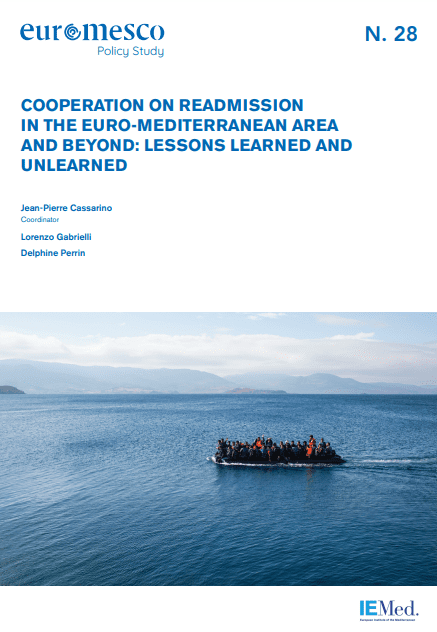
This joint policy study examines the European Union’s (EU) readmission system in the context of the Euro-Mediterranean and Euro-African regions and its impact on interstate cooperation, human rights observance, and migrants’ conditions. The authors suggest rethinking how these issues are tackled by emphasising that asymmetrical patterns of cooperation on readmission result not only from unequal costs and benefits but also from meaningful relations between state actors.
The study discusses how cooperation on readmission between EU and non-EU countries in the Mediterranean and Africa has altered patterns of interdependence and interactions beyond migration governance. It explores how informalisation has been presented as a solution to uncertainties, with some non-EU countries expressing their own reverse conditionalities and reveals the limits of international cooperation on readmission.

 Syria *
Syria * 


